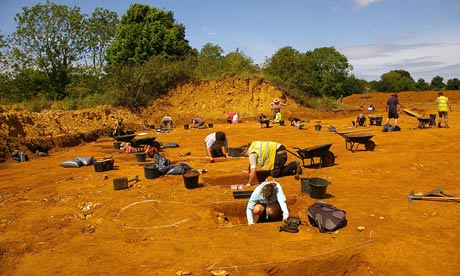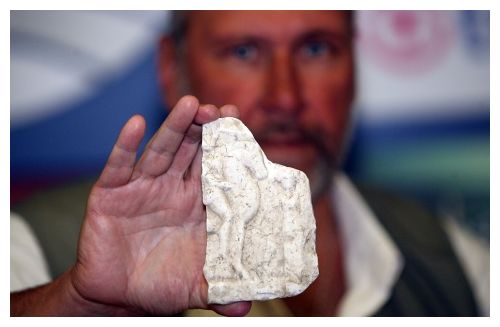
Stretching across 80 hilltop hectares, behind three miles of ramparts, the fort, at Ham Hill in Somerset, and the outline of its history have been known for many years.
The Durotriges tribe, which lived on the hill, was subdued in AD45 by soldiers of the 2nd Legion under the command of the future emperor Vespasian, but what the Romans found there: a street system lined with houses on their own plots of land, is what archaeologists from Cambridge and Cardiff universities hope to uncover more fully in excavations over the next three summers.











